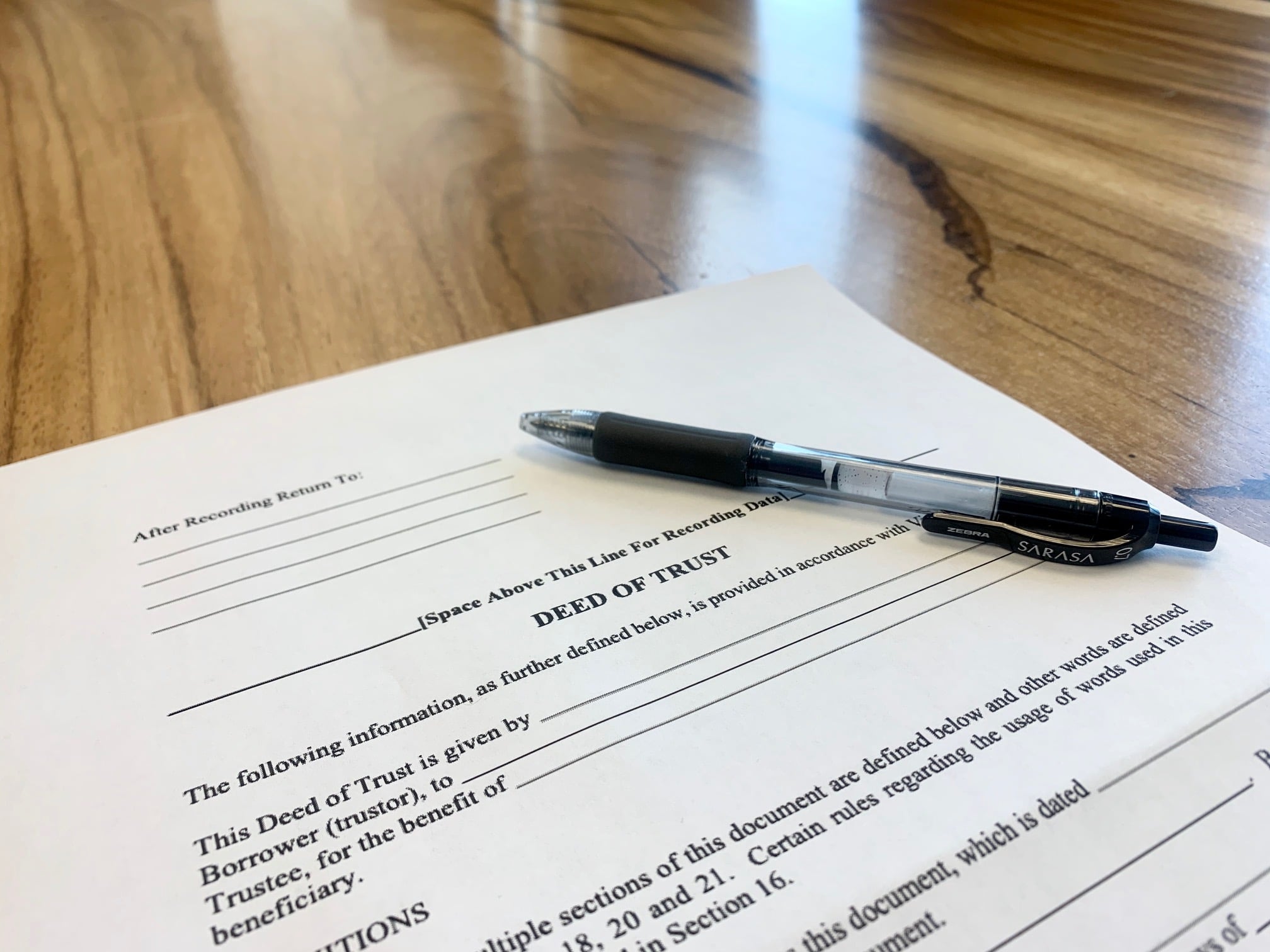

Updated on February 13, 2020
In this post, we will be discussing quieting title to forged deeds of trust recorded more than four years ago.
Hopefully, a property owner never has to encounter a forged deed of trust recorded against their property. Unfortunately, it occasionally does occur. When a forged deed of trust is recorded against a property, a property owner may not discover it on title until years down the road. If this happens, when does the statute of limitations period begin to run for bringing a quiet title action under a forged deed of trust?
Generally, a statute of limitations for a recorded deed of trust begins to run upon “constructive notice”. Constructive notice signifies that a person or entity should have known of an occurrence, even if they didn’t have actual knowledge of it. In California, a property owner is deemed to have constructive notice upon the recording and indexing of an encumbering deed of trust (Civil Code Section 1213.)
Some litigants have argued that forged deeds of trust should, logically, be subject to attack at any time, regardless of the statute of limitations. (Posada v. Quest Equity Fund, LLC (2017) WL 3326839 [Unreported case, providing an example.] However, this is not the case. In Robertson v. Superior Court (“Robertson”), a 2001 case, the Court of Appeals held that a void quit-claim deed was subject to statutes of limitations for real property. (Robertson v. Superior Court (2001) 90 Cal.App.4th1319.) Since Robertson, California Courts have continuously found challenges to void instruments subject to the statute of limitations. (Marin Healthcare Dist. v. Sutter Health (2002) 103 Cal.App.4th861; Hernandez v. Flagstar Bank, FSB (2016) WL 5929910.) In such cases, the statute of limitations usually does not extend beyond four years. (Cal. Code Civ. Proc. Section 343.)
However, there is an exception to this general rule. The statute of limitations does not begin to run against a property owner who remains in “exclusive and undisputed” possession of land. (Salazar v. Thomas (2015) 236 Cal.App.4th467.) This rule is specific to quiet title actions and favors a policy of protecting what the Salazar v. Thomas Court referred to as the “most obvious and important property right … possession.” (Id.) Homeowners who have maintained exclusive and undisputed possession of land since the forged deed of trust was recorded may bring a quiet title action against a forged deed at any time.
If you discover a forged deed of trust recorded against your property from more than four years ago, you may have options. Schorr Law’s attorneys are experienced in such matters.
See related: Grant Deeds versus Quit Claim Deeds